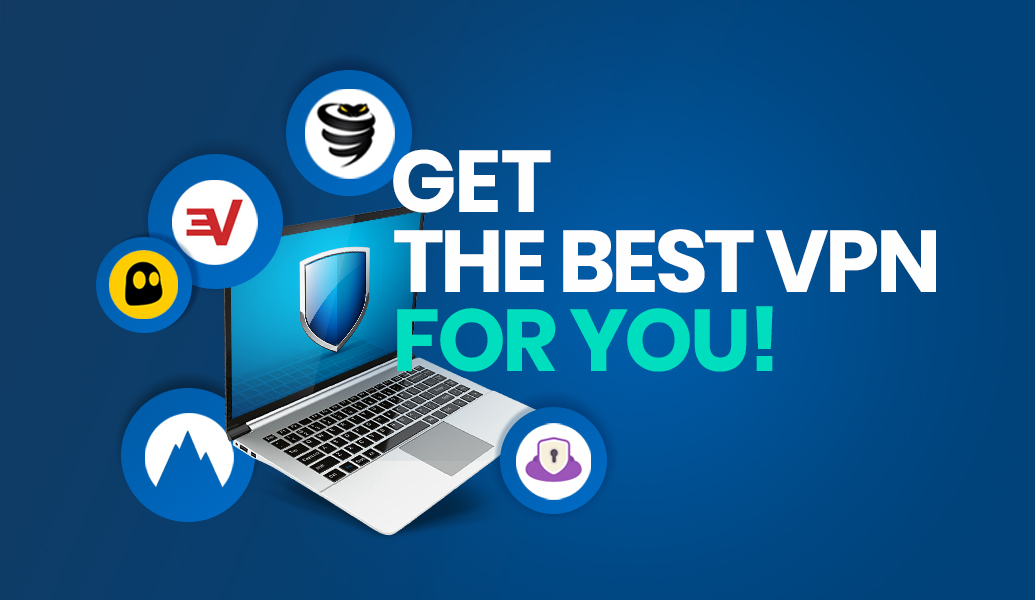

That's because you're connecting to your own private Wi-Fi network as long as it's reasonably secure (starting with password-protection), a VPN would be overkill. Here's the good news: If you work primarily at home, you probably don't need a VPN. Its sole function is to hide your internet activities from observers who might wish to track them for identity theft or other purposes. Let me pause to make something clear: A VPN will not protect you from viruses, nor from things like phishing threats or ransomware. It's virtually impossible for a hacker to detect you, monitor you or steal anything from you.
#THE BEST VPN SERVICE SOFTWARE#
But when you use a VPN - a combination of software and service - you're in a tunnel. When you connect to an open Wi-Fi network at, say, a coffee shop or on an airplane, you're driving that unprotected highway. There's that "invisibility" we talked about. The hacker can't see you, doesn't even know you're there. Now imagine you're driving in a tunnel instead, one that's just for your car.

A hacker is flying overhead in a helicopter he can easily pinpoint your location and follow you everywhere you go. Imagine you're tooling down the highway in your car, you and hundreds of other drivers. This is one of those things that sounds complicated but really isn't. What a VPN does and why you should use one

Although there's no such thing as absolute internet privacy and security, there's one tool you should think about adding to your arsenal: a virtual private network, or VPN. So how can we protect our identities and activities? You might think anti-virus software is the key to safety, or that internet service providers (ISPs) have measures in place to keep your connection secure.


 0 kommentar(er)
0 kommentar(er)
